Adult learning theories provide vital frameworks that influence how individuals acquire knowledge and skills throughout their lives.
These theories, including Andragogy and Connectivism, offer unique insights into the learning process for adults, emphasizing the importance of self-direction and the integration of technology.
Understanding these theories not only enhances your learning experience but also equips you to take charge of your educational path.
Each theory interrelates, forming a comprehensive understanding of adult education.
The practical implications of these frameworks can lead to more effective strategies in both personal and professional development.
Andragogy: The Art of Adult Learning
Andragogy serves as a foundational approach to adult learning, addressing the distinct needs and characteristics of adult learners. Unlike traditional students, adults bring a wealth of experiences, values, and motivations to their educational pursuits.
Understanding these motivational factors is crucial, as they significantly influence your dedication to learning. Whether your goal is to advance in your career, acquire new skills, or explore personal interests, identifying what drives your desire to learn can enhance your engagement with the material.
Recognizing your preferred learning style also plays an important role in your educational journey. Some individuals may find they learn best through practical, hands-on experiences, while others might benefit from visual aids or interactive discussions.
Acknowledging and embracing your unique learning style promotes more effective information retention and makes the learning experience enjoyable.
Incorporating these insights into your educational approach allows for a more tailored and fulfilling learning experience, ultimately leading to greater success in achieving your goals.
Transformative Learning Theory
Transformative Learning Theory encourages individuals to closely examine their beliefs and assumptions, leading to a more profound understanding of themselves and their surroundings. This approach involves critical reflection, where you identify and question your established viewpoints. This examination helps reveal the reasons behind your thoughts and actions, paving the way for personal growth.
This journey of transformation extends beyond self-awareness; it also fosters societal change. When you alter your perspective, you enhance your ability to make positive contributions to your community.
The theory highlights the significance of dialogue and collaboration, motivating you to engage with others who share a commitment to growth and understanding. Through these interactions, you can collectively work towards improving not just individual lives but also the broader society.
Experiential Learning Model
The Experiential Learning Model focuses on the concept of learning through direct experiences. This approach allows individuals to actively participate in learning, enabling their encounters to inform and enhance their understanding. The model underscores the significance of self-reflection, which helps create a continuous loop of learning and personal development.
| Stage | Description |
|---|---|
| Concrete Experience | Engage in a hands-on activity to gain firsthand knowledge. |
| Reflective Observation | Dedicate time to think critically about the experiences you had. |
| Abstract Conceptualization | Extract lessons and insights from your reflections. |
| Active Experimentation | Implement what you have learned in new contexts. |
This cycle of experiential learning improves your ability to analyze information and adapt to various situations, making the learning process more applicable and meaningful. Reflective practices are vital as they help solidify the lessons learned, resulting in profound insights. Embracing this model cultivates a sense of community among learners, as sharing experiences and reflections fosters connection. Engage fully in your experiences, reflect thoughtfully, and watch your comprehension deepen.
Self-Directed Learning
Self-directed learning is an approach that enables individuals to take control of their educational journey and personal development. This method fosters intrinsic motivation, allowing you to pursue knowledge and skills that truly resonate with you. As you embrace this initiative, your confidence grows, and you find a sense of community among other learners who share your interests.
Engaging in self-directed learning involves taking responsibility for your objectives, resources, and methods. This process enhances your critical thinking and problem-solving abilities, making you an active participant in your education. Lifelong learning becomes a seamless part of your existence as you consistently seek new opportunities for growth.
Connecting with like-minded individuals enhances your learning experience. Sharing insights and facing challenges together creates a supportive atmosphere where everyone can excel. Remember that you’re part of a larger community of enthusiastic learners.
As you explore your passions and take control of your learning, you’ll discover a rewarding path that promotes both personal and professional growth. Embrace your independence and enjoy the transformative advantages of self-directed learning.
Connectivism in Adult Education
Connectivism in adult education highlights the significance of networks and relationships in the learning journey. In a world where information is abundant and interconnected, navigating social networks and engaging with diverse communities becomes crucial for effective learning. This approach moves beyond traditional textbooks, encouraging learners to utilize a wide range of resources available through digital platforms and interactive environments.
Connectivism asserts that knowledge isn’t an isolated commodity. Instead, it circulates through your interactions with peers, mentors, and online communities. Strengthening these relationships enhances your digital literacy, a vital skill for success in today’s educational landscape. Sharing insights and experiences contributes to a collective pool of knowledge, enriching the learning experience for everyone involved.
Active participation in discussions, collaboration on projects, and seeking advice through social networks fosters a dynamic learning ecosystem. This method not only empowers individuals but also cultivates a sense of community among learners.
In the framework of connectivism, education is a shared experience, and your connections are integral to your growth and understanding. Embrace this journey, knowing that the relationships you build are as valuable as the knowledge you acquire.
Conclusion
Adult learning is a complex and multifaceted journey. While theories like Andragogy and Transformative Learning provide valuable insights, the essence of learning as an adult lies in navigating the intricate web of your unique experiences. Rather than seeing learning as a straightforward path, it is essential to recognize the diverse connections and influences that shape your understanding. Embracing this complexity can lead to deeper insights and personal growth. Engaging with these theories will empower you to take charge of your learning process, making it a more enriching and individualized experience.

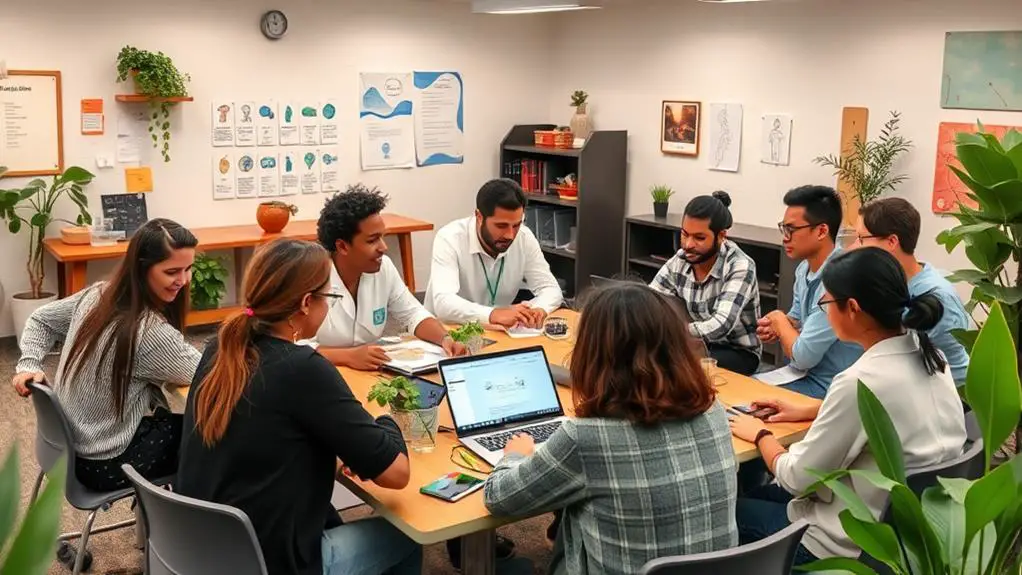
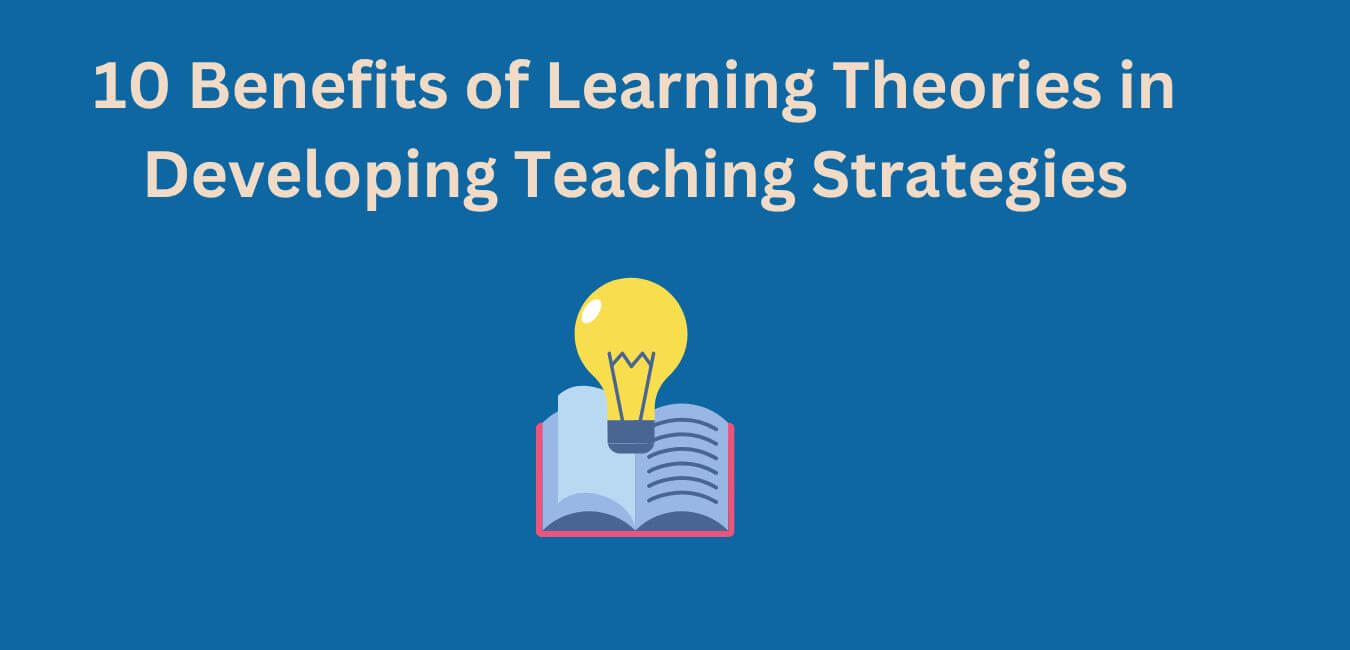
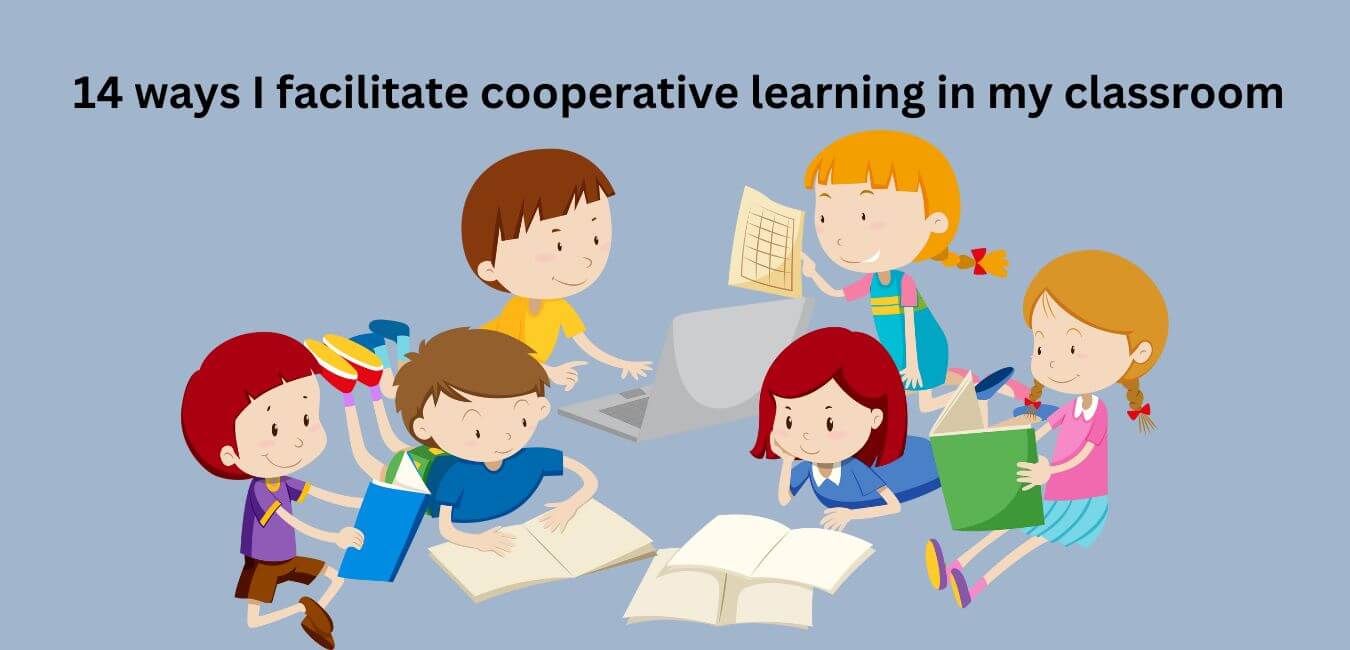
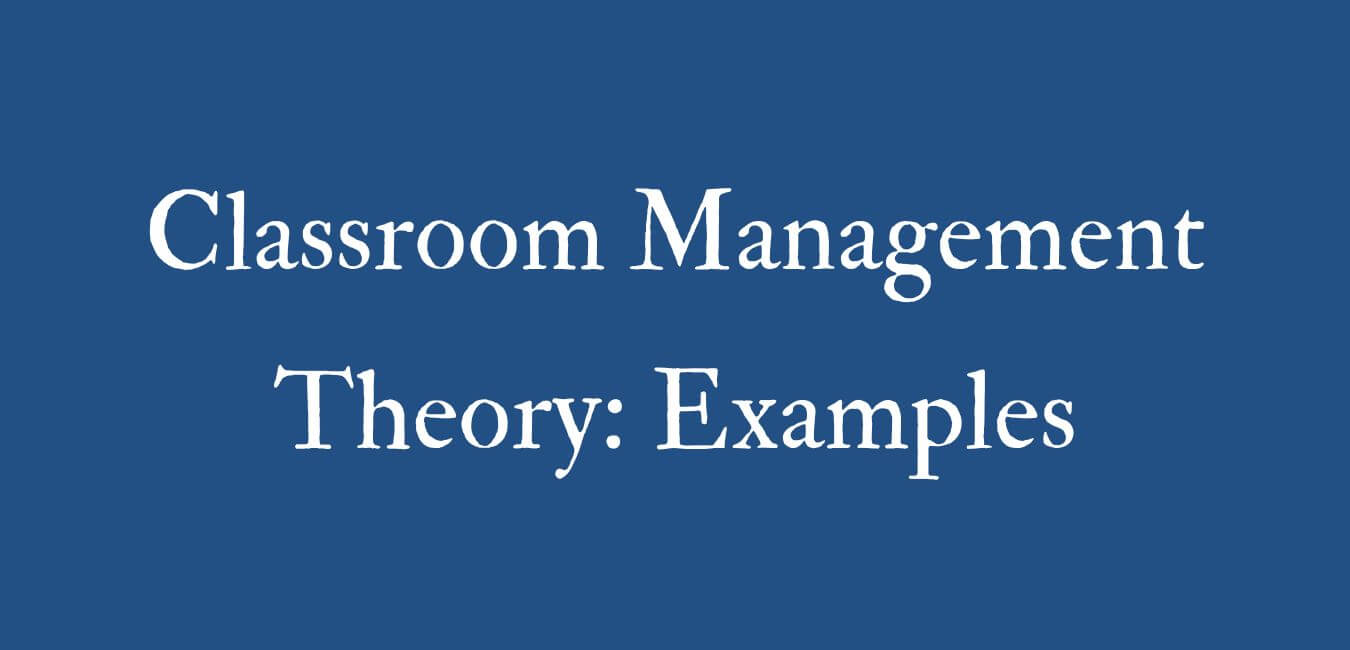
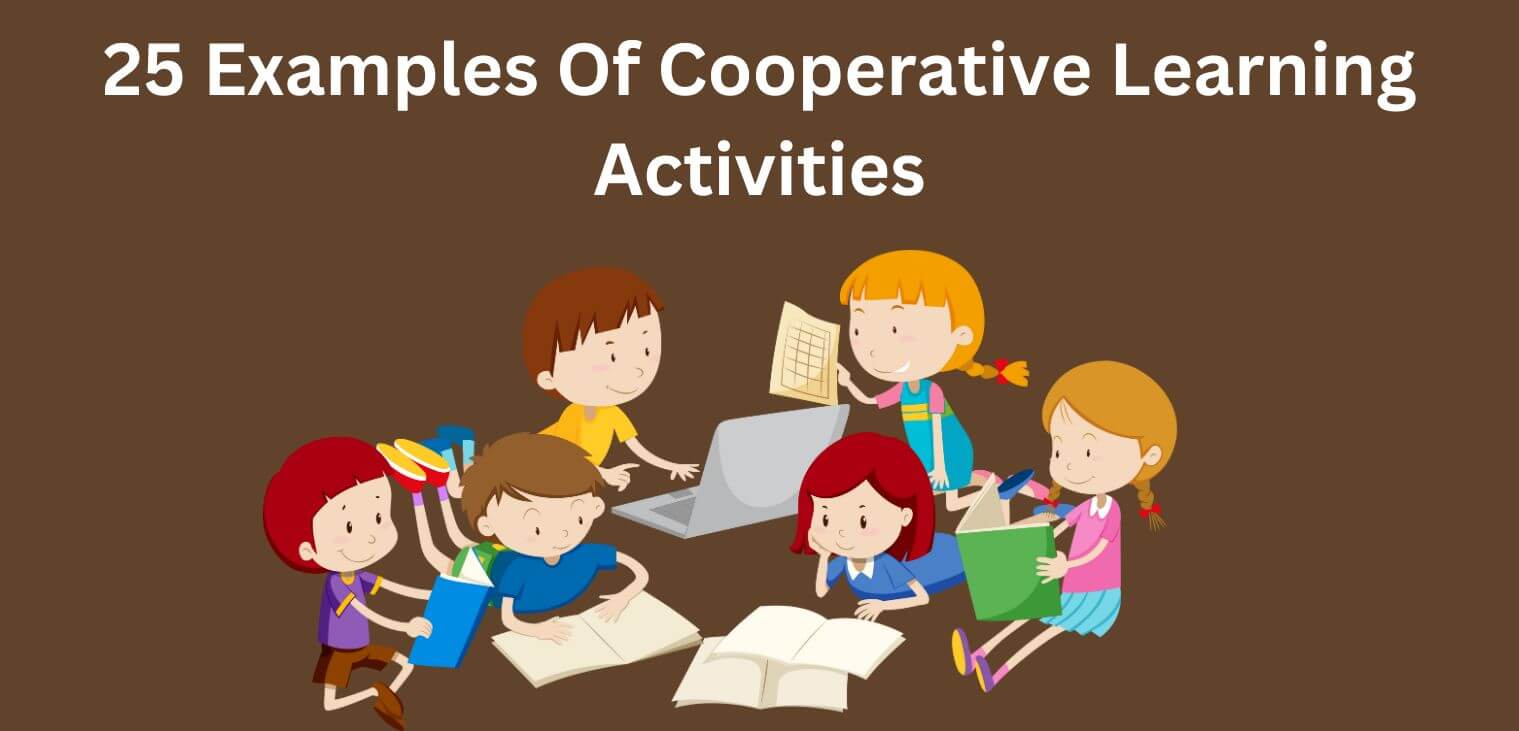



Leave a Reply